Parental anger has a negative effect on children.
However, if we’re honest, this negative feeling has nothing to do with them!
In fact, it’s mainly about personal or professional problems that are piling up.
For example, it could be worries at work with toxic colleagues or a boss who doesn’t see their value.
It could be health problems that prevent parents from concentrating on their children.
On the other hand, parents may have an unstable, abusive or simply unhappy relationship.
Parents aren’t just parents, they’re lovers, colleagues, friends and individuals in their own right.
They have to multi-task continually and are expected to be the best possible versions of themselves in all areas.
Of course, this is not possible!
So the negative emotions build up: they don’t feel up to the task, and they always feel like failures.
What happens in such cases?
The weakest are picked on: parents transfer their anger onto their children.
They scream, and they’re never satisfied!
Everything their children do pisses them off, so a vicious circle begins.
Parents shout and say harsh words to their children, who in turn become angry people in their own right.
For example, they abuse other children at school, or start a crime cycle.
In short, parental anger has a negative impact on children.
Here’s what happens:
1. The child of an angry parent is more reactive and aggressive

When a parent constantly yells at his child, he creates a bubble of aggression.
This child can’t respond to his parent in the same way, as this would have many negative consequences for him.
So, in turn, he lashes out at someone weaker than him.
This is how the child begins to bully his classmates at school, or respond aggressively to his teachers.
Gradually, he becomes his own angry parent and can no longer control his outbursts.
He follows his parents’ example and can’t understand why his parents or teachers are angry with him.
After all, no one says anything to his parents when they’re aggressive, so why shouldn’t he be allowed to do the same?
2. This child has low self-esteem, self-confidence and self-love.
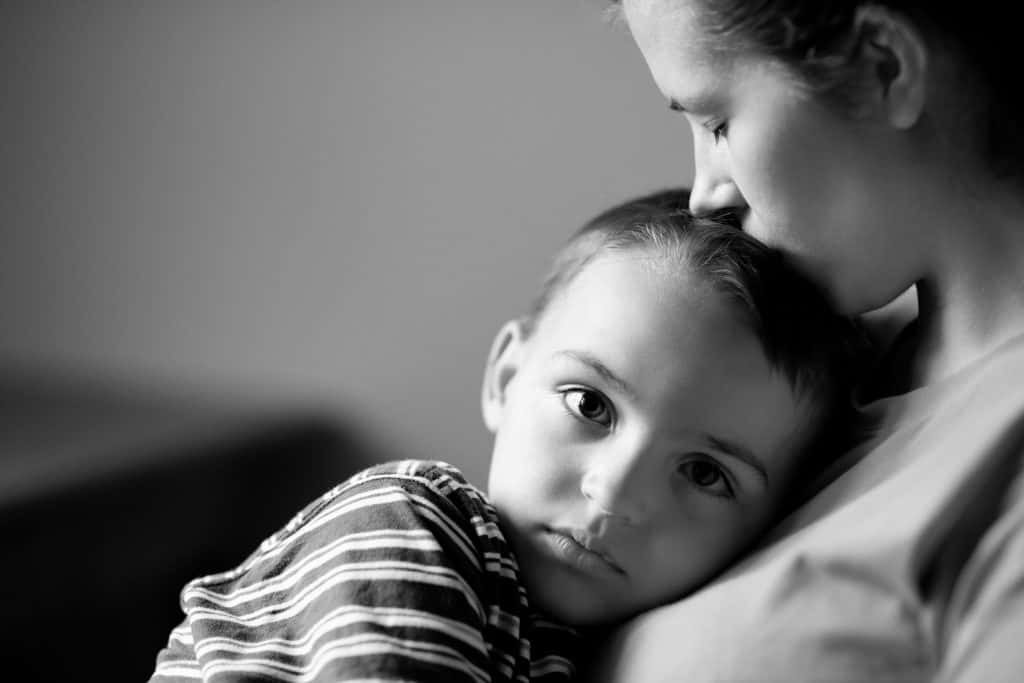
His parents yell at him all the time and tell him he’s a nobody!
Negative words start to echo in his head, and he repeats them to himself over and over again.
This affects his well-being, and he feels inferior to his peers because he sees that they are comfortable in different situations.
While he feels that no one wants to play with him, he sees the other children playing together.
In fact, he feels rejected by his peers, even though he’s the one distancing himself because of his lack of self-confidence.
This only worsens his mental health, and his self-esteem is gradually destroyed.
Love and affection are the basis of good self-confidence, so if parents are constantly shouting and belittling their children, they can’t feel good about themselves.
3. The child of an angry parent feels a great deal of shame, guilt and fear.
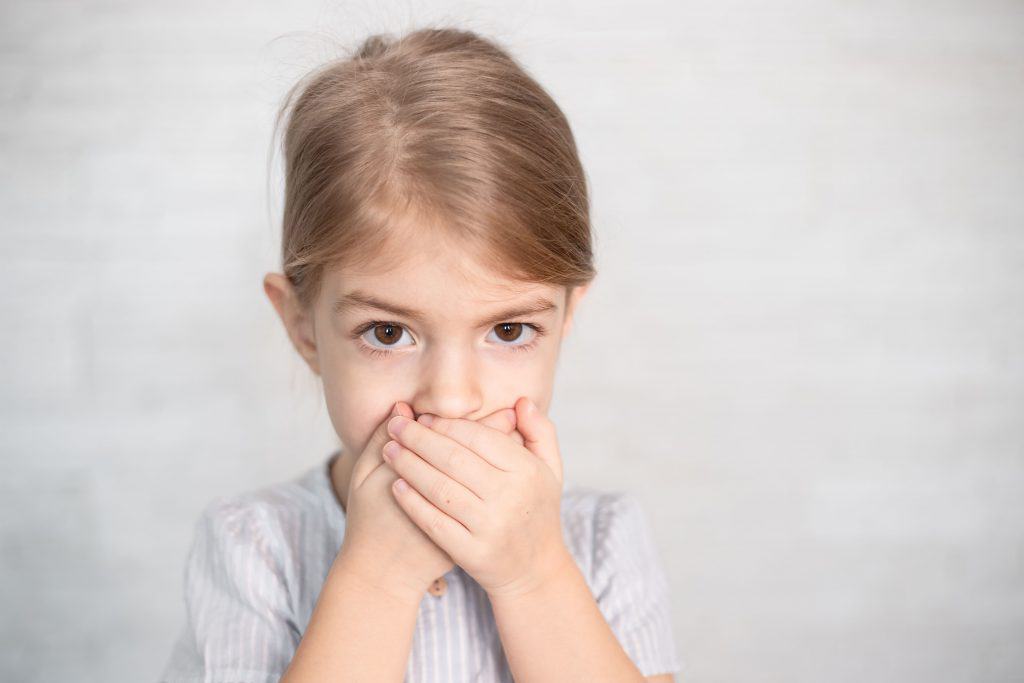
When a child has low self-esteem, he feels guilty about his condition.
He’s also ashamed of feeling this way, and afraid of being permanently rejected by his peers and family.
It’s a vicious cycle of negative emotions that can only be broken by parental love and acceptance.
Nothing is definitive, and it is possible to change the situation, but it takes a lot of work and effort.
The most important thing is to deal with these feelings while the child is small, because it’s much harder to deal with them as an adult.
What’s more, if mental health is not restored as soon as possible, when these children become adults and parents, they will pass on their disorders to their own children.
Shame can run deep, creating situations that push the child over the edge.
4. This child thinks parental behavior is his or her fault, and blames himself or herself for everything.
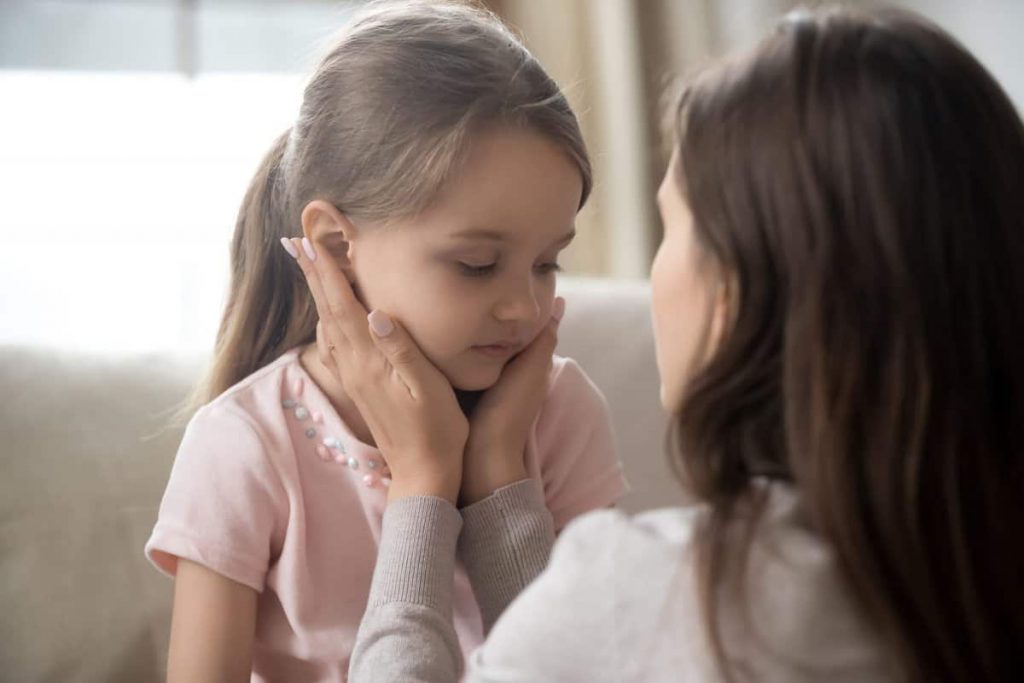
Because his parents never take responsibility, the child doesn’t understand the cause of the toxicity.
His parents are always aggressive WITH HIM, they are stressed when HE IS THERE.
As a logical consequence, he feels guilty for everything that happens.
He feels that he’s the cause of his parents’ problems, and that nothing can satisfy them.
When he’s in an environment that’s constantly turned against him, he can’t see the light at the end of the tunnel.
Let’s not forget that children who live under parental aggression think it’s a normal state of affairs and that there’s no way out.
For them, the world is a dangerous place that rejects them.
They feel excluded and can’t help blaming themselves because they think the only common denominator in all the negativity is themselves.
5. He’s incapable of healthy relationships and communication.

When a child grows up with parents who don’t protect and support him, he can’t know what a healthy relationship looks like.
For them, conflict, neglect and abuse are normal.
He doesn’t know that family and couple life can be calm, respectful and communicative.
This child is used to not being listened to and understood, so he doesn’t expect his friends or life partner to.
What’s more, he’s unable to understand, listen to and accept his other half.
As an adult, he’s unable to build healthy exchanges and enjoy a peaceful, happy life.
He continues to repeat the same toxic patterns, leading to disappointing loves and friendships.
6. He can’t understand and accept his own limits and those of others.
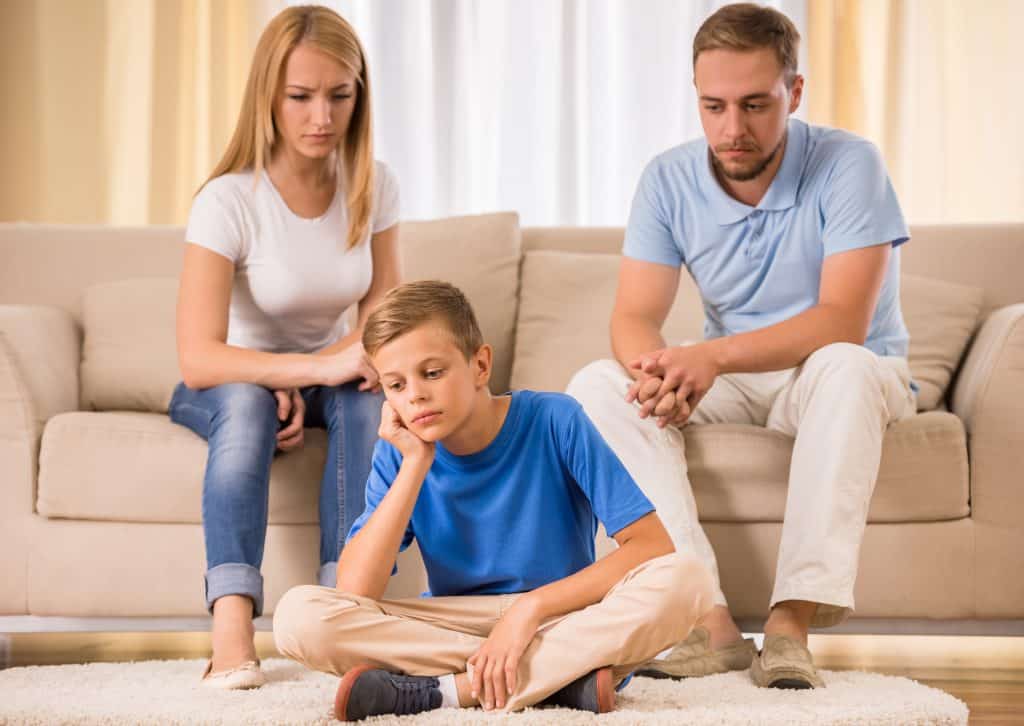
Violence is all he understands!
Receiving limits from his parents is essential for a child, because it shows him the right path.
He needs these limits because they create a secure framework in which he feels respected and accepted.
The child of an angry parent doesn’t know about limits, so he’s never discovered what he can or can’t do.
Nor has he ever understood why limits are important!
So when he meets new friends or a partner, he doesn’t understand why these people get angry about his behavior.
Why are these people as angry as his parents?
Without limits, children grow up to be disrespectful, troubled adults.
7. This child often develops mental disorders such as depression or anxiety.
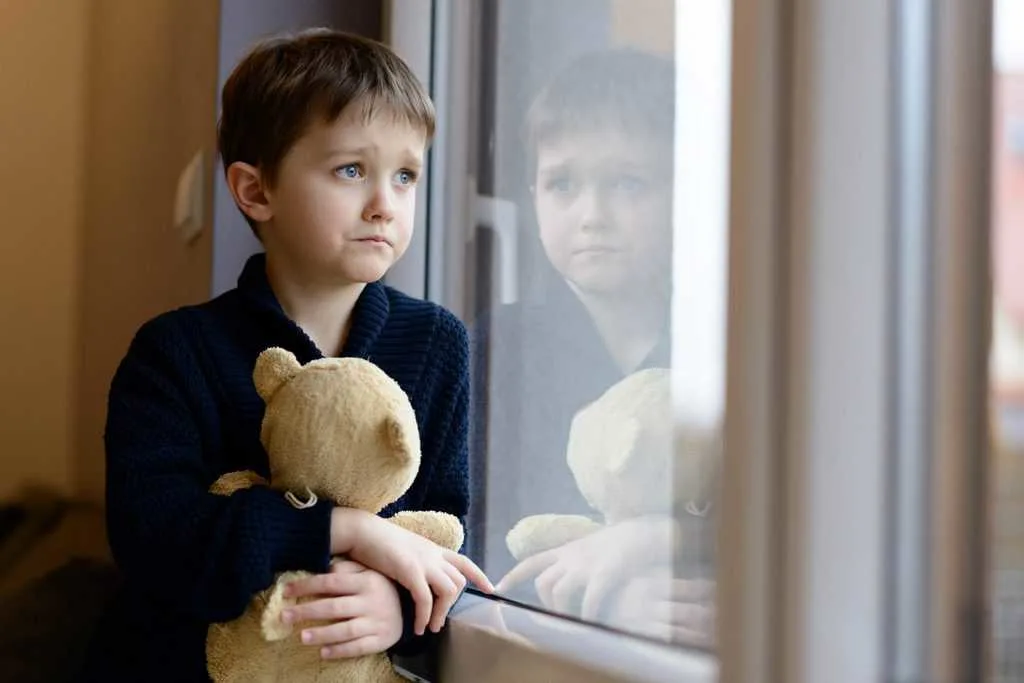
When a child is constantly in a negative frame of mind, he can’t be well.
Negative emotions take over, and when they can no longer cope, they develop disorders.
These disorders often take the form of anxiety and depression.
But these symptoms are extremely difficult to recognize in children, especially teenagers.
In fact, they often go unnoticed, as they are blamed on puberty or developmental changes.
It’s often in adulthood that these symptoms really make themselves known.
And it takes many years of therapy to find the root of these ailments.
8. Know that your child wants you to change
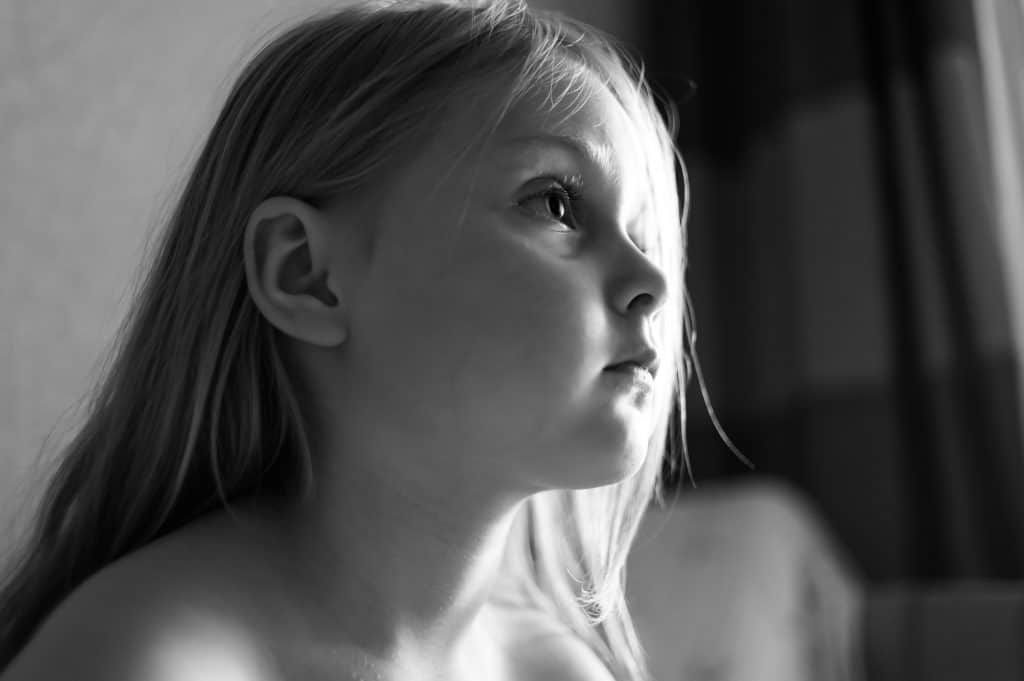
Even if he doesn’t say it, your child wants you to change.
He loves you and expects his parents to understand that they are dangerous to him.
All your child wants is your love and attention.
He is desperate to see you as caring parents, even if this only happens when he becomes an adult.
It’s never too late to change!
You chose to be a parent, your child didn’t choose to be born.
So, if you’re not able to care for him properly, you may need therapy.

